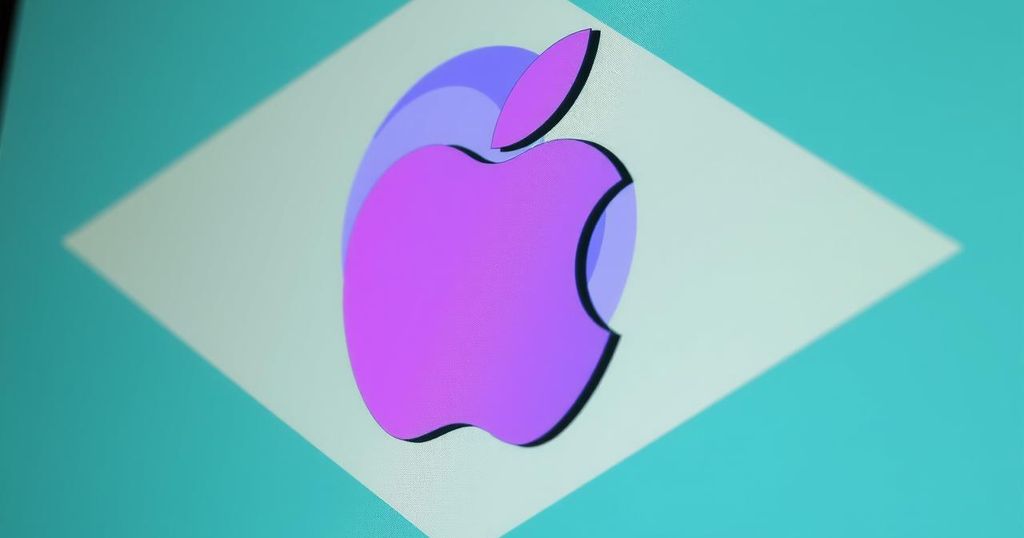Apple and Google have been fined R$19 million in Brazil for enabling FaceApp to improperly collect user data. A judge asserted that the companies contributed to violations of Brazilian digital privacy laws. Both can appeal the decision, which highlights the issues around data privacy in digital platforms and user consent.
In Brazil, Apple and Google have been fined R$19 million (approximately US$3.1 million) following a court ruling which found that the companies played a role in allowing the controversial app, FaceApp, to collect user data improperly. The ruling was delivered by Judge Douglas de Melo Martins, who held that both companies were contributors to the app’s violations of the Brazilian Civil Rights Framework for the Internet, legislation that governs the use of digital platforms. Despite their arguments that they merely distribute apps, the judge emphasized their active role in the consumer ecosystem, which facilitates FaceApp’s operations. Legal representatives for Google have expressed intentions to contest the ruling, reiterating their stance of limited responsibility regarding the app’s terms of use. While FaceApp continues to gain popularity, having faced scrutiny in the past for its controversial privacy practices, it remains available for download on both platforms, with options for in-app purchases.
The case involving Apple, Google, and FaceApp highlights critical issues surrounding data privacy and consumer protection in the digital age. The Brazilian Civil Rights Framework for the Internet aims to secure users’ rights while regulating the conduct of digital platforms. FaceApp has been under scrutiny since its inception in 2017 due to concerns over data usage and storage, particularly after allegations surfaced in 2019 about the app’s practices. The dispute raises significant questions about the responsibilities of app stores in overseeing the privacy policies and data handling practices of applications available on their platforms, particularly when allegations arise of sensitive data collection without user consent.
In conclusion, the ruling against Apple and Google for their association with FaceApp underscores the ongoing challenges of ensuring compliance with data privacy regulations in the tech industry. The ramifications of this case may prompt further scrutiny of app distribution platforms and their responsibilities in protecting user data. As the legal process unfolds, both companies retain the right to appeal, reflecting the complexities of accountability in the digital marketplace.
Original Source: 9to5mac.com






